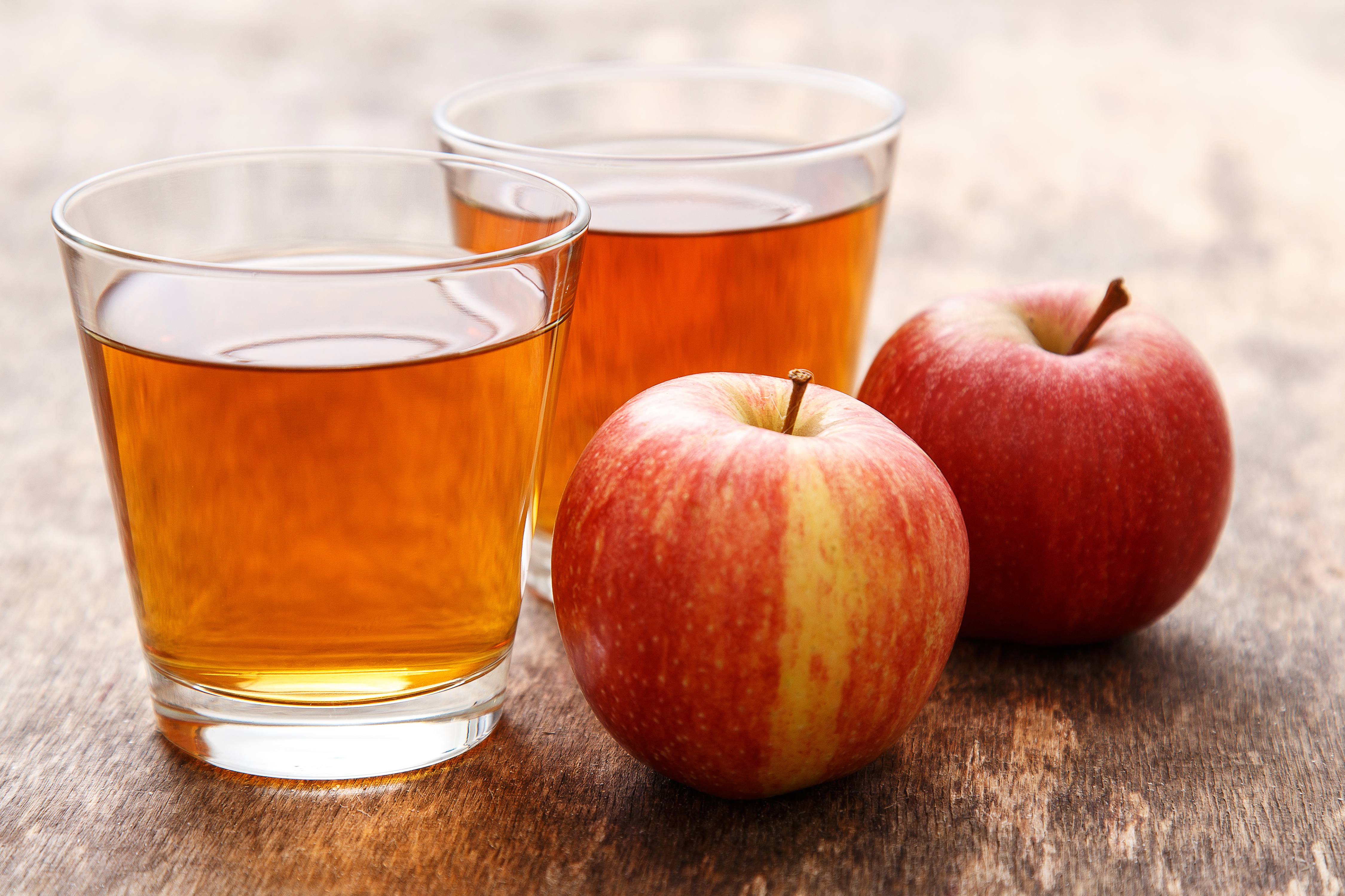
Apple juice may impact saliva’s lubricating properties

A new study from the University of Portsmouth has found that drinking sweetened acidic beverages like apple juice causes a short-term disruption to the lubricating properties of human saliva, though the effects are reversible within minutes.
The research, published in PLOS One, examined how apple juice affects the frictional and protein-related properties of saliva compared to water. Saliva plays a critical role in protecting teeth and soft tissues by forming a protein-rich film that reduces friction and buffers acids, according to the study.
Thirty-two healthy adults participated in the study, which measured changes in saliva before and after rinsing with either water or apple juice. Using tribological tests, protein analysis and quartz crystal microbalance techniques, the researchers found both liquids increased friction in saliva shortly after rinsing. However, the effects were temporary, with lubrication levels returning to normal within 10 minutes.
Apple juice caused less immediate delubrication than water but had a delayed impact on saliva's protein composition. Proteins such as cystatins and carbonic anhydrase were significantly affected after 10 minutes of juice exposure.
“Apple juice formed a tightly adsorbed, rigid layer on the gold crystals, whereas saliva produced a thick, soft and highly viscoelastic pellicle,” the authors wrote, emphasizing saliva’s resilience after acidic exposure.
Despite the transient effects, the study underscored the need for further investigation into the long-term impact of repeated exposure to acidic and sugary beverages, particularly their role in tooth wear and oral health deterioration over time.
Read more: PLOS One
The article presented here is intended to inform you about the broader media perspective on dentistry, regardless of its alignment with the ADA's stance. It is important to note that publication of an article does not imply the ADA's endorsement, agreement, or promotion of its content.